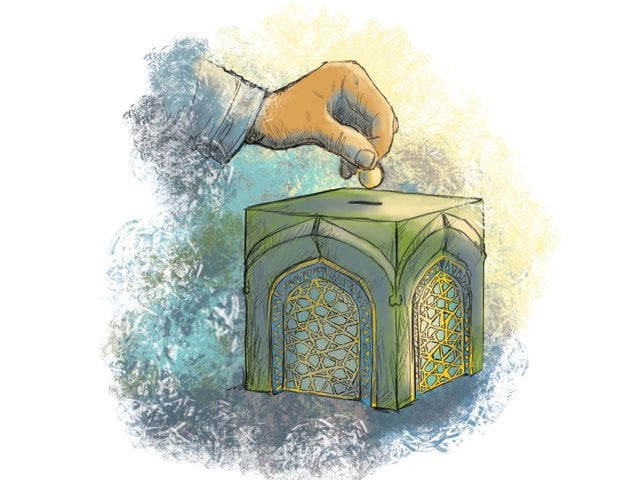Habib Metro Bank’s organic growth strategy off to a slow start
New CEO’s formula of branch expansion likely to pay off in the long run, but costly in the short run.

Habib Metropolitan Bank announced that its profits rose a meagre 3.4% to Rs3.4 billion. PHOTO: FILE
As Sirajuddin Aziz closes his first full year as the CEO of Habib Metropolitan Bank, he can be reasonably happy with the results: the bank’s earnings increased at a slow, below-inflation pace, but his strategy appears to be setting the bank up for steady long-term growth.
In its earnings announcement for the financial year ending December 31, 2012, Habib Metropolitan Bank announced that its profits rose a meagre 3.4% to Rs3.4 billion. Revenues, defined as net interest income before the impact of bad loan provisioning added to the bank’s non-interest income, rose by a marginally higher 6.8% for the year. Yet those dismal headline figures hide some interesting good news.
Despite a 200 basis point cut in interest rates by the State Bank of Pakistan, Habib Metro was one of the few banks in the country to see its net interest income – the difference between the interest rate it charges its borrowers and the interest rate it pays out to depositors – rise: by about 7.9% to Rs8.3 billion. Even more interesting: in a year when the central bank increased the minimum interest rate on savings accounts, Habib Metro’s cost of funds actually came down by an average of about 2% during 2012.
And the bank’s management appears focused on bringing it down even further. “For the entirety of 2013, I am going to be focused entirely on the bank’s liability portfolio [deposits],” Aziz told The Express Tribune, adding that he would work to bring the bank’s cost of funds down even further.
The bank’s total deposits increased to Rs218 billion, up a healthy 17.6% compared to 2011 (higher than the banking industry average of 13.8%), at least in part due to the increase in the size of the bank’s branch network. Habib Metro opened 20 new branches to take its network to 183 branches. Nine of those new branches were outside Karachi, as the bank tries to diversify its geographic presence outside the country’s financial capital.
The branch expansion comes at a cost: the bank’s expenditure on maintaining its network increased by 16.7% during 2012. “We view this [rise in expenses] as an investment that will pay off in the long run,” said Aziz.
The bank’s lending business continues its strong presence in trade finance, with Habib Metro arranging the financing for about Rs791 billion worth of trade during 2012, or about 14% of the country’s total trade.
And while many other banks relied on favourable turns in the capital markets for a boost to their revenues, Habib Metro appears to be consistently focused on raising its fee-based income. The bank’s fee-based income grew by 18% for the year, compared to a 12.2% increase in its earnings off equity and fixed income capital markets activity.
Habib Metro’s board recommended a Rs2 per share dividend for shareholders, though the market reacted somewhat coolly to that announcement. The bank’s stock dropped 0.54% to Rs18.50 per share in Tuesday’s trading on the Karachi Stock Exchange.
Published in The Express Tribune, March 6th, 2013.
Like Business on Facebook to stay informed and join in the conversation.



















COMMENTS
Comments are moderated and generally will be posted if they are on-topic and not abusive.
For more information, please see our Comments FAQ